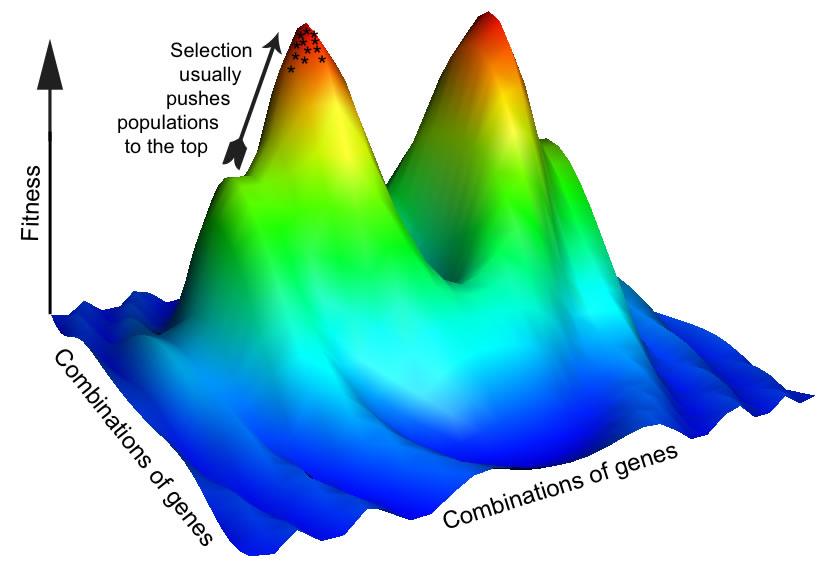In the face of climate change, developing crops with higher stress tolerance and stable yield is more important than ever. One of the obstacles on this quest is the lab-field gap : many studies performed under controlled laboratory conditions are of limited predictive value for phenotypes in the field. We are using a new experimental design to study the wiring of molecular pathways and plant traits directly in the field, based on -omics and phenotype profiling of individual plants of the same genetic background grown in the same field. Uncontrolled micro-environmental and stochastic variations across the field give rise to molecular and phenotypic variability among plants, which we use to investigate which genes have an impact on yield-related phenotypes in the field. We focus on maize and rapeseed as model crops.
For the past few decades, the field of molecular evolution has largely focused on the evolution of individual gene families and overall genome structure. Analogous to the transition from reductionist to system-scale approaches in molecular biology, the logical next step in molecular evolution research is to study the evolution of genes in the context of the systems in which they function. One way to study how systems of interacting components evolve is to simulate the evolution of suitably abstracted system models in silico. Given recent developments in the field of high-performance computing, it is now possible to simulate the evolution of molecular systems at an unprecedented level of mechanistic detail. We use mathematical models to map the genotype of artificial transcriptional regulatory systems to their expression phenotype. We then use these models in population-scale evolutionary simulations to investigate how transcriptional systems evolve.
